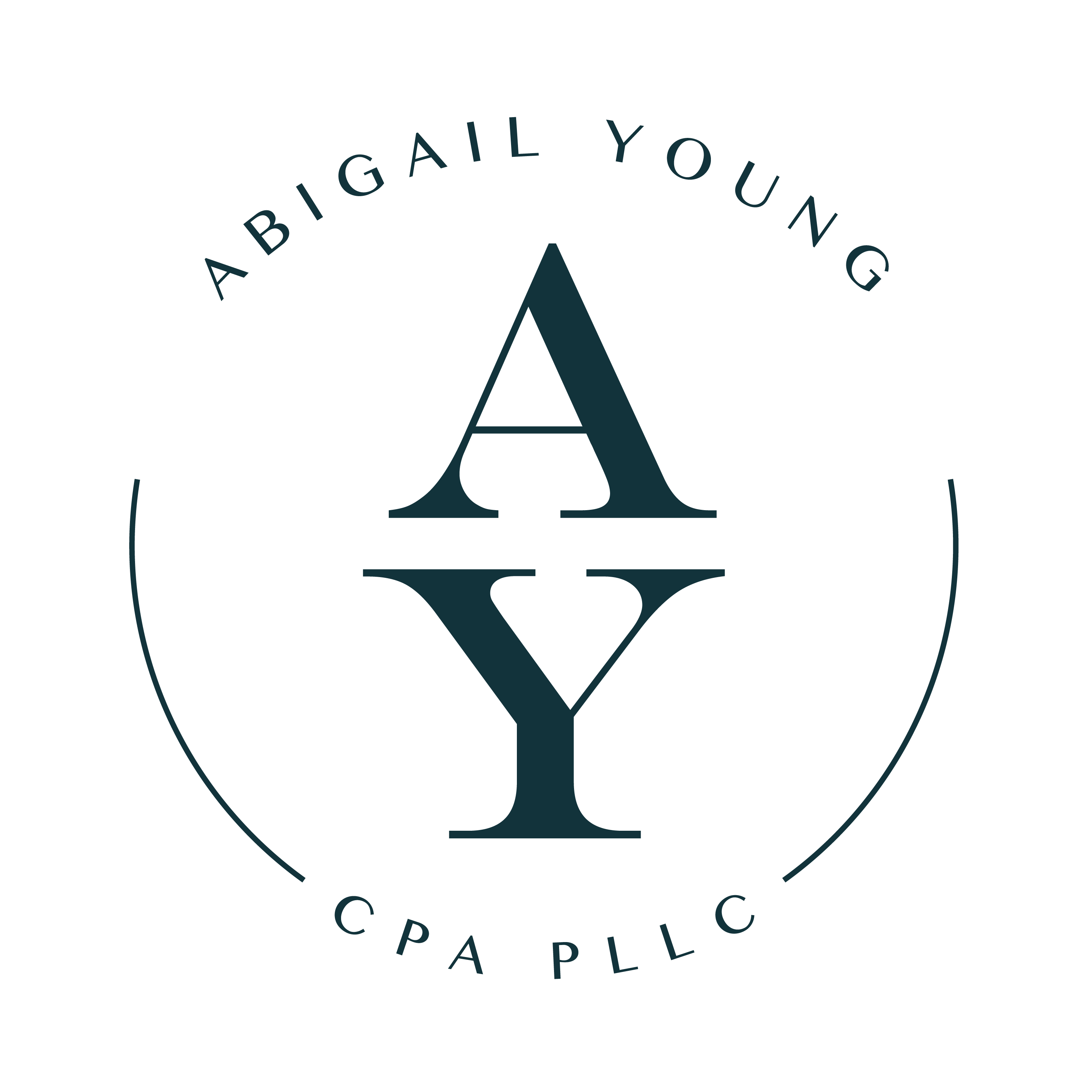Tax Breaks 101: Taxes for New Graduates
College was a perfect experience. You graduated top of your class, met some lifelong friends along the way, and you managed to avoid the dreaded Freshman 15. The only issue is that those loan payments are coming due and tax season will be here in a few months.
Well, let Abigail Y. Murray, CPA, LLC provide a little after school tutoring on tax breaks for all the new graduates out there.
- A Long Way From Home…
So you graduated and landed your dream job right out the gates. Or at least a job in an office that gives a window view of your dream job right? Regardless, those moving expenses can and should be used for tax deductions. The only stipulation here is that your new job is going to be more than 50 miles away from your old home. If you meet these standards, then moving costs including packing, shipping, travel, lodging fees, and even mileage can be utilized during tax season.
- Those Pesky Student Loans…
A penny saved is a penny earned. And you can save quite a few pennies, up to $2,500, as long as your parents are no longer claiming you as a dependent. In fact, even if Mom and Dad are helping to pay back those loans, the IRS simply views it as if you are repaying the debt yourself. But again, you can no longer be a claimed as a dependent. Unfortunately however, the opportunity to deduct student loan interest phases out once you start meeting certain income brackets – $75,000 for single filers and $155,000 on joint returns.
- Learning is for Life…
Finished up that degree? Well, that doesn’t necessarily mean you’re done with learning or even taking some additional courses to improve your skill set. Another worthwhile tax break for grad-students, or those even taking just one class after graduation, comes in the form of the Lifetime Learning Credit. This credit can be worth up to $2,000 and applies to additional undergrad, graduate, and professional degree courses. Better yet, there’s not a limit to the number of years you can claim this credit, and really, you don’t even have to be working towards a specific degree.
- Plan Ahead…
The reality is that most new grads may not have the extra cash to participate in retirement funds. But the sooner you’re able to take advantage of this “free money” the better. Once you have the opportunity to participate in these retirement plans, usually a 401(k), you’re money will go into a tax free shelter that can’t be taxed by Uncle Sam until you start withdrawing.
Roth accounts can be even more beneficial if your employer provides them. The contributions to these accounts are not tax-deductible, but do allow for tax-free growth and even tax-free withdrawals. Ultimately, the choice between the variable retirement plans is dependent upon your financial situation, but these saving accounts do have real-world effects on your taxes.
Remember, thinking long term can put you in a better financial position as you age.
- Pick the Right Professional…
So maybe you are a rocket scientist. That still doesn’t necessarily mean you’re as familiar with the constantly updated tax codes as a certified account would be. If you really want that peace of mind and security that your taxes are being done correctly, then think about hiring a professional.
Not sure where to look?
Well, Abigail Y. Murray, CPA, LLC is a great start. We can offer you the most advanced assistance available while ensuring quality services at a sensible price.
So give us a call at (956) 800-5600 and let us be with you every step of the way…from graduation to retirement.


